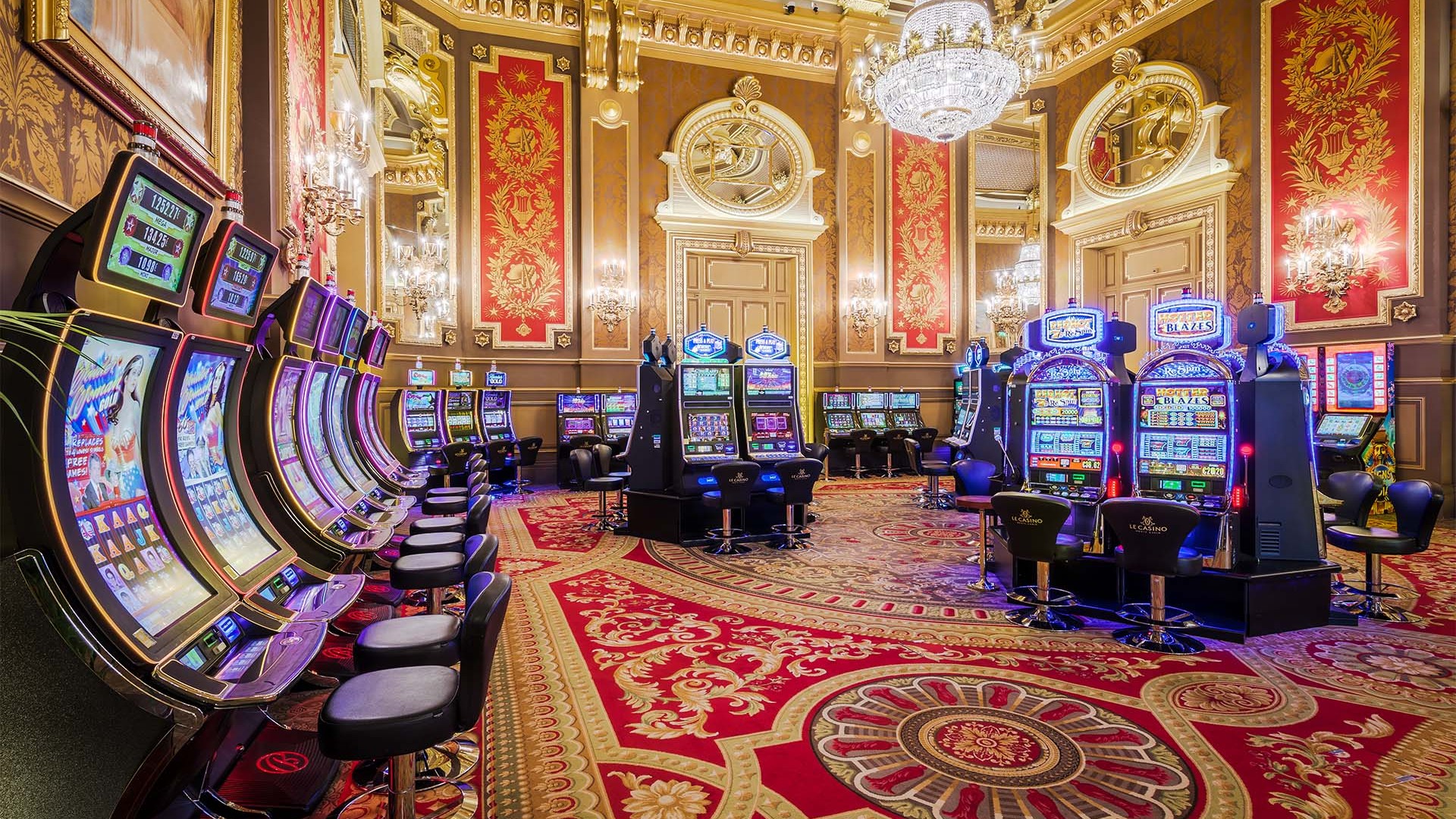
In the world of gambling, where chance and strategy intersect, a unique tapestry of beliefs emerges—one that weaves together luck, fate, and the enigmatic nature of casino games. Casinos, bustling with excitement and anticipation, are not just places for placing bets; they are also arenas in which superstitions thrive. From the novice player to the seasoned gambler, these mysterious practices often shape how individuals approach the games they play, holding the belief that their actions can influence the outcome in ways that go beyond mere probability.
When players gather around roulette wheels, blackjack tables, and slot machines, the atmosphere is thick with stories of lucky charms, rituals, and codified behavior that defy logic yet provide a sense of comfort. Whether it’s wearing a specific outfit, following a particular sequence of bets, or even avoiding certain numbers, the attachment to various superstitions reflects a deep-rooted desire to control the uncontrollable. This article delves into the captivating world of casino game superstitions, exploring the beliefs that both entertain and mystify those who dare to play.
Historical Roots of Superstitions
Betting games have long been entwined with an array of superstitions that can be traced to ancient civilizations. The origins of these ideas can be associated to humanity’s intrinsic need to manage the unpredictable outcomes connected with luck and randomness. In primitive civilizations, activities of uncertainty were often connected to religious practices. Players would call upon blessings or request favor from deities, believing that their actions could change the outcomes in their advantage. This groundwork laid the basis for the myriad of superstitions that developed as casino games evolved over centuries.
During the Middle Ages, gambling became a popular activity across European nations, and with it, a colorful tapestry of superstitions emerged. Participants adopted various rituals and charms, believing they could influence the outcome of games. The importance of numbers, in particular, emerged to manifest in superstitions pertaining to card games and dice. The number 7 was often considered favorable, while various numbers carried bad connotations. These beliefs mirrored the cultural contexts of the time, adapting as they transferred through generations and changed to emerging gaming environments.
As casinos emerged in the 1600s, particularly in Italy and France, the atmosphere surrounding betting became steeped in enigma. The growing accessibility of gambling activities allowed for the spread and diversification of superstitions among players. Concepts like charmed charms, specific seating positions, and rituals gained prevalence, creating a distinct culture within gambling establishments. As these practices continued to thrive, they became fundamental to the character of casino activities, illustrating how historical developments and society shape the notions that influence how gamblers connect with chance.
Popular Casino Superstitions
Superstitions surrounding casino games are plentiful and diverse, reflecting the hopes and anxieties of gamblers as they participate in chance-based activities. One of the most prevalent beliefs is that certain digits bring luck or misfortune. For example, the digit 7 is often seen as a lucky number, frequently sought after by gamblers looking for a favorable outcome. Conversely, the number thirteen is routinely considered cursed, leading many players to avoid it during their gaming sessions.
A common superstition relates to rituals that players believe can affect their chances. It could be blowing on the dice before a roll, using a particular hand to place a bet, or even putting on particular items of clothing, many individuals feel that these rituals can tilt luck in their favor. These practices offer a sense of control in an otherwise random environment, strengthening the idea that fortune can be created through individual convictions and habits.
Lastly, the ambiance and vibe of the gambling house itself adds to superstition. Many players suggest that the presence of certain icons, such as four-leaf clovers or fortunate tokens, can enhance their odds of winning. serbu4d Additionally, gamblers might adhere to the belief that victory streaks can be halted by mundane occurrences, such as someone walking past or a spill at the table. The shared environment in a casino can amplify these beliefs, creating a communal culture of superstitions that goes beyond single experiences.
Impact of Superstitions on Players
Superstitions play a significant role in the psychology of casino players, often affecting their behavior and choices. Many gamblers believe that luck can be manipulated through various rituals, such as wearing a lucky charm, selecting specific colors, or steering clear of particular digits. This reliance on superstitions can create a feeling of authority in an environment that is inherently unpredictable. Players often feel more self-assured and engaged when they believe that their actions could sway the outcome of a game in their favor.
The impact of these superstitions extends beyond individual players, affecting the overall atmosphere within the casino. For example, a player who holds the belief in the luck of a particular slot machine might draw a crowd, as onlookers are fascinated by their apparent success. This collective belief can amplify excitement and create a dynamic environment, leading to an interesting experience even for those who may not necessarily be believers themselves. The excitement around certain games can lead to higher participation and longer playing sessions, supporting the casino’s vibrant social scene.
In some cases, superstitions can lead to harmful effects for players. Relying too much on rituals can result in bad gambling decisions, as some may overlook basic strategies in favor of baseless beliefs. Additionally, the pressure to perform rituals may increase anxiety and tension, diminishing from the pleasure of the experience. Ultimately, while superstitions can enhance the excitement of playing casino games, they can also lead to poor choices that overshadow the fun and amusement intended in the casino experience.